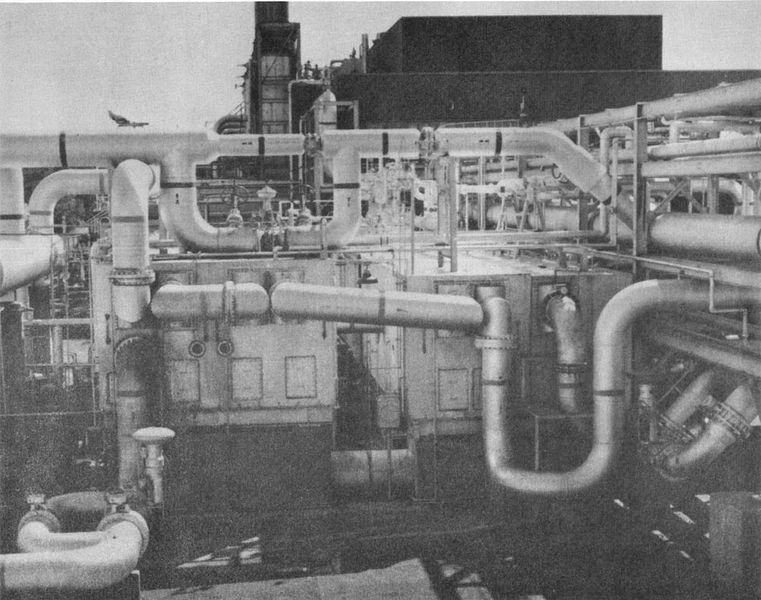Eighty years ago, before the Wagatha sting there were the code-breakers of OP-20-G

In a stroke worthy of Coleen Rooney, the US Navy's code-breakers resolved a furious debate over where the next Japanese stroke would be directed. The JN-25 cypher had been broken and revealed that "AF" was the next target, but the USN high command was convinced this meant the Aleutian Islands in the north Pacific, but the code-breakers of OP-20-G believed it was Midway Island in the central Pacific. Code-breaker Jasper Holmes had the inspiration of instructing the Midway garrison to send an emergency plain language message saying that the island's desalination plant had been wrecked. The Japanese duly signalled in JN-25 that "AF" was short of water, putting it beyond doubt where they were going to attack.
The Soviet forces that had landed on the Kerch Peninsula in Stalin's scheme to relieve the siege of Sevastopol were in increasingly dire straits, entirely cut off and dependent on sea supply for everything. They were doomed when the Germans launched operation Trappenjagd (bustard hunt), a frontal assuaut supported by overwhelming air power. Anti-personanel bombs slaughtered the retreating Red Army infantry. Practically the entire force of 40,000 or so Soviets on the Peninsula were captured or killed.
Undaunted by the failure of his tactical vision on the Kerch, Stalin decreed an attack on the city of Kharkov in the Ukraine (now known in its Ukrainian spelling as Khakiv). He hoped to exploit a salient to the south of the city established in the winter offensive combined with direct westawrd thrust. The Red Army troops were poorly trained and inexperienced; the Germans brought up aircraft from the Crimean front and stopped the Soviet attack.
After a long debate, the British government abandoned plans to introduce fuel rationing, under pressure from Conservative back-benchers. Labour was compensated with the statement that the supply of coal would be improved by further reorganisation (a light code for state control, if not outright ownership) of the mining industry.
The states of the US eastern seaboard introduced fuel rationing in a largely symbolic move; the US was then the world's largest producer and self-sufficient in oil. Its ability to supply Britain with oil depended on the Battle of the Atlantic and not the volume of oil it had available.


Comments
Post a Comment